Music - Cliff Martinez: Our interview with Steven Soderbergh's composer
By Mulder, Los angeles, 06 march 2018
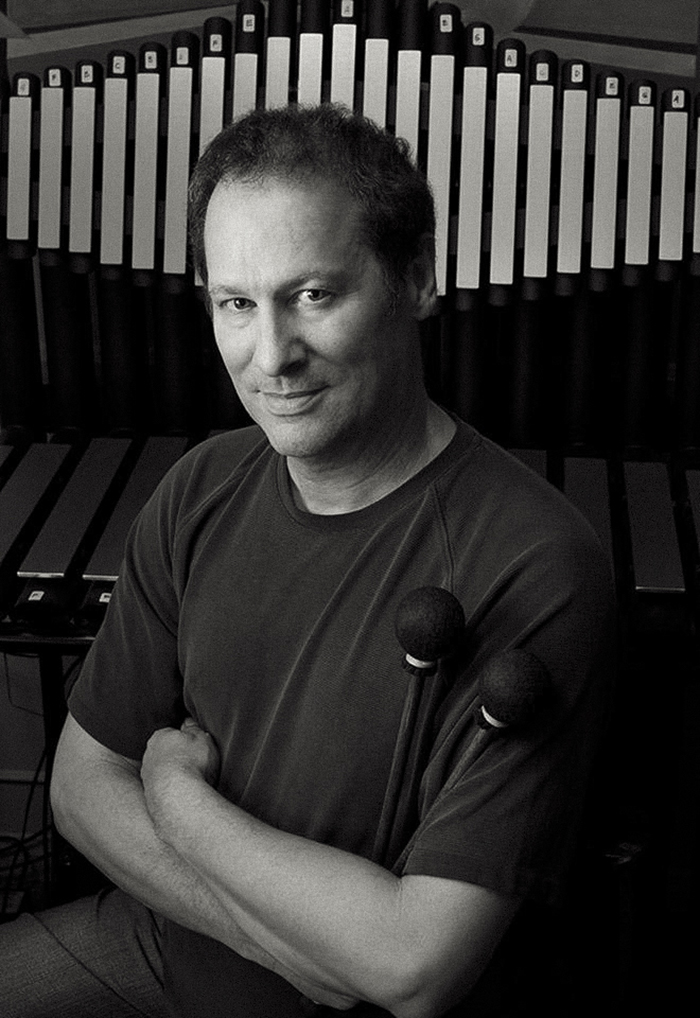
Q: Please can you make a short presentation about your background before becoming a famous musician and composer?
Cliff Martinez : I was a rock and roll drummer for many years. I performed and recorded with THE WEIRDOS, THE DICKIES, LYDIA LUNCH, THE RED HOT CHILI PEPPERS and my all-time favorite musical hero, CAPTAIN BEEFHEART. I became fascinated by music technology in the late 80's and in part, that is what led me out of rock and roll and into film scoring.
Q: What is for you the main duty of a good composer?
Cliff Martinez : The function of the score varies with each film. Sometimes music gets a starring role, sometimes a minor role, and sometimes I feel like I'm just sitting out in the parking lot waiting for the film to end. There are times when the composer is like a doctor and the film is the patient (don't tell any directors I said that). I look for the films' weaknesses….maybe the music can make some of the performances more convincing or perhaps contribute to the style, the pacing or even help tell the story.
Q: What can you tell us about your long collaboration with some great directors as Steven Soderbergh and Nicolas Winding Refn?
Cliff Martinez : The thing I like best about Steven and Nicolas is that they never come to me asking to repeat anything I’ve done before. They like to explore areas that are new to them and ask me to share the journey. Nicolas has given the music department increasingly juicy roles in his films. He keeps telling me that one day, he will make a silent film dominated by wall-to-wall music. After that, maybe we’ll do a slide show together. The bulk of Stevens' direction comes in the form of a temp score. I receive a rough cut of the film with some temporary music cut into it. That gives me a lot of information about the placement, style, harmonic language etc. Once I start creating music, I ship it over to him and generally don't get a lot of feedback unless I'm off track. He brings out the best in me and I always wonder how he does it as we seldom communicate with one another except through telepathy and the occasional short text message apparently. It's weird, he's one of the most hands-off directors I've ever worked with yet I always create a score for him that is top notch yet uniquely Soderbergh-ian.
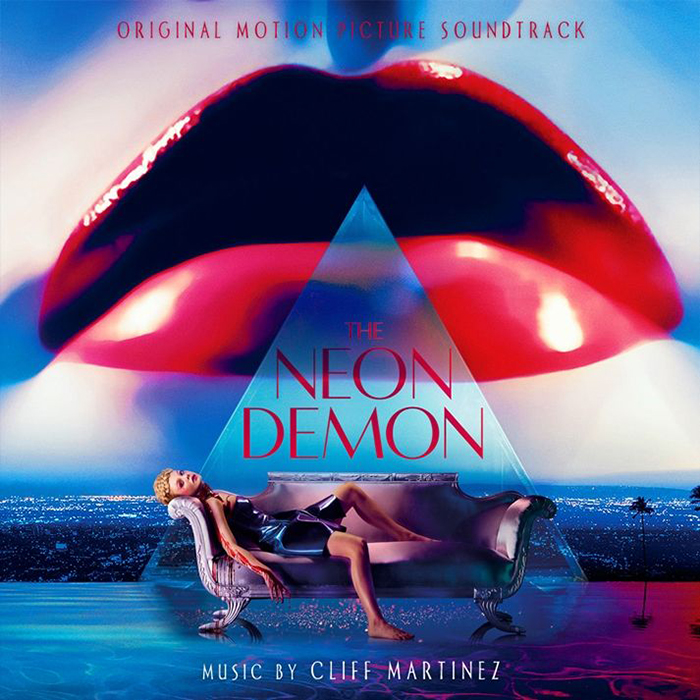
Q: Drive is one of my favorite score and your work has an important influence on what must be a great music for a movie. How have you found a such great inspiration?
Cliff Martinez : The songs were more or less established when I was brought onboard and I was assured that they would be in the final version of the film. It seemed clear that the 80's synth-pop style was an important part of the overall sound and so I tried to integrate elements of that into the score in strategic places. We just wanted the songs and score to cooperate with one another and for the entire soundtrack to feel like it was cut from the same cloth. DRIVE reminded me of the films of Charles Bronson, Steve McQueen, Clint Eastwood and other famous strong silent types. Sometimes I approach scoring like a method actor and will meticulously research any similar, relevant films I can get my hands on. I simply didn't have time for that with DRIVE. It was a total first impulse, fly-by-the-seat-of-your-pants adventure. Nicolas however, mentioned that his all-time favorite film was TEXAS CHAINSAW MASSACRE and because he made occasional references to it, I felt obliged to check it out. The discerning listener will discover a few tasty whiffs of Leatherface here and there in the score.
Q: Which memories do you keep from your collaboration with Red Hot Chili Peppers from 1983 to 1986 and which influences this is have on your work as movies composer ?
Cliff Martinez : I don’t credit my band experience a whole lot for influencing my film scoring. My cumulative experience on scoring films has been more important. My favorite statement about the band thing is that the drums are an instrument of accompaniment, and that’s an important perspective to keep in mind as a film composer.
Q: Steven Soderbergh’s Solaris score is one of my favorite too and an amazing one. Can you tell us more about your work on this movie and how have you approached the creation of this score ?
Cliff Martinez : Probably the biggest kick in the pants for me was Solaris. I had done a few orchestral scores previously but not on the large scale/posh ride that was Solaris. The transformation from demo to final recordings with a live orchestra was breathtaking. The before/after contribution that I felt the score made to the film overall made it one of the most gratifying projects I'd worked on, and it was, and still is, one of the few scores that I still enjoy listening to.
Q: Do you like to experiment new instruments when you work on a score for a film?
Cliff Martinez : Yes!
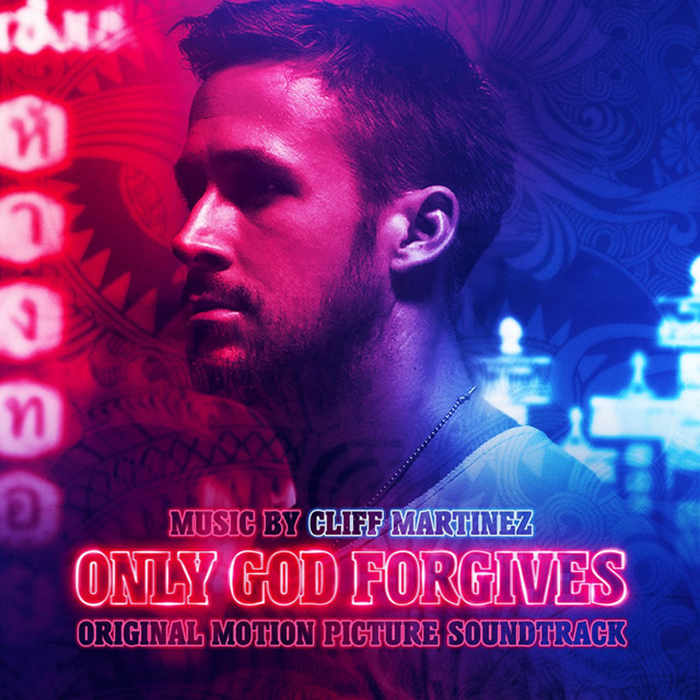
Q: Which softwares do you use to create your music ?
Cliff Martinez : I first became interested in film scoring because of my fascination with electronic music technology in the late 80's. I fell in love with sequencers, samplers and drum machines. All the gizmos of that period got me thinking about creating music in a completely different way which I think is well suited to film scoring. Today, the main program I've been using is called Ableton Live. It has a bit a of DJ lineage and wasn't intended for film use. But in a world of increasing complexity in music software, it's neanderthal simplicity appeals to me.
Q: What can you tell us about your collaboration with Christian Gudegast on Den of Thieves and how have you chosen the different instruments and sonority for this score?
Cliff Martinez : Christian Gudegast gave me a great blueprint for the score - create a Cliff Martinez electronic score. And to my surprise, I was just the man for the job!
Q: What is your general process to create a score for a movie ? Do you work with the screenplay or directly on the movie ?
Cliff Martinez : The process usually starts with watching the movie. The next step is laying on the couch and staring at the ceiling for a while. Then I talk to the director and ask a lot of questions. Eventually, I get around to sitting down in front of the keyboard and trying to make myself useful. Typically, I'll sketch out a couple of terrible ideas before I write anything that's any good. A little goes a long way in film music, particularly with my style. So once a couple decent ideas appear, it becomes more a process of developing and refining them than of constantly having to come up with some fresh, new and brilliant ideas for every scene. The director is typically the person that I interact with and look to for feedback and direction.
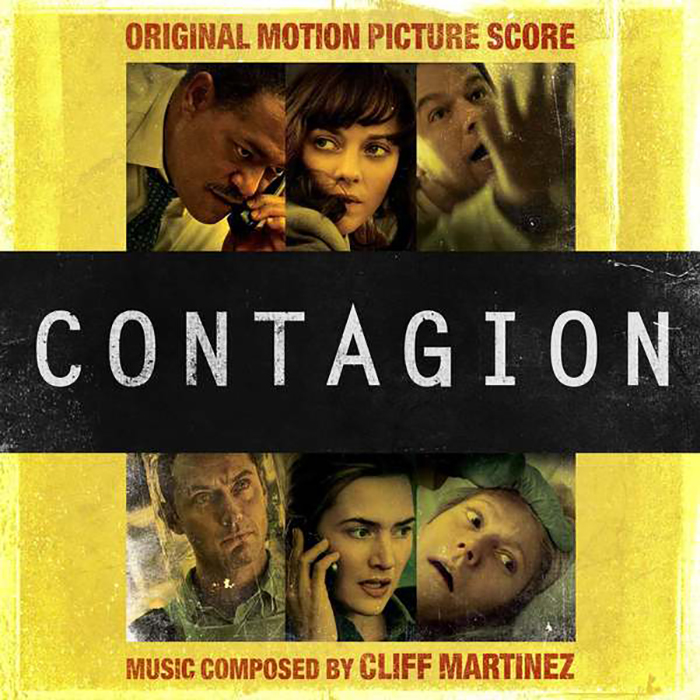
Q: You have create music for video games, for television serie The Knick and for a lot of great movies. Can you tell us the main differencies to create a music between them?
Cliff Martinez : I think the approach varies according to the subject matter of the project more than the medium. TV and film feel similar to me in that they both tell a story. Games are different. Far Cry mostly had two kinds of music: action, suspense and lots of gradations of each.
Q: What can you tell us about your collaboration with John Francis Daley and Jonathan Goldstein on Game Night?
Cliff Martinez : I’ve wanted to write a score a comedy for a long, long time, but Hollywood hasn’t exactly been beating down my door to do so. When the idea of doing Game Night came in, I watched Vacation and Horrible Bosses 1 & 2 and immediately felt that I would be in good hands with John and Jonathan. The directors invited me to Atlanta to watch them film. I can count the number of times I’ve been invited to a shoot on exactly one finger. It was a gracious gesture of team spirit and it gave us all an opportunity to get acquainted before any heavy lifting began. Interestingly, it was the music from The Knick that was held up as a role model for Game Night. It is one of my all time favorites but I had no idea of the colossal, latent comic potential wrapped up in that score.
Q: Where is for you the best place to record a score and why?
Cliff Martinez : Mostly, I like to write and record at home. I recorded the orchestra for CONTAGION and GAME NIGHT at the Warner Brothers scoring stage. That’s a pretty great place to record.
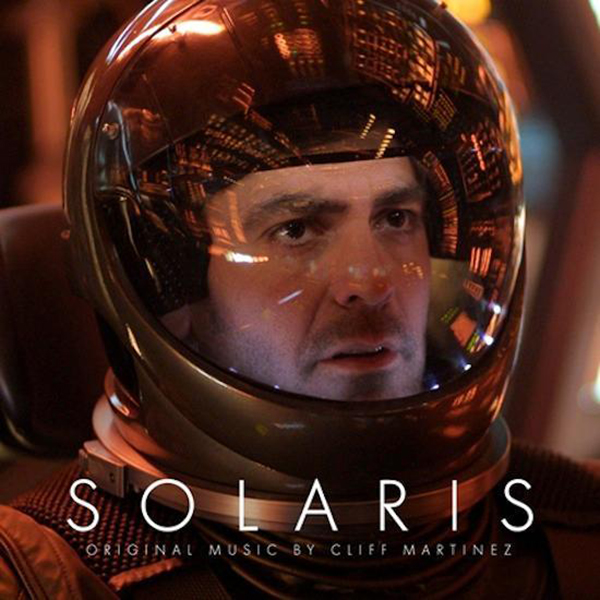
Q: Will you be interested to work with French directors as you did with Fred Cavaye for Mea Culpa?
Cliff Martinez : There are a lot of reasons to score a film but the most important reason for me is that I like the film. I tend to work well with directors who have European film sensibilities, so yes.
Q: Can you talk at all about your recent projects?
Cliff Martinez : Game Night was just released. I’m working on a feature film called “Hotel Artemis” and a Nicolas Winding Refn series for Amazon called “Too Old To Die Young”.
Official website: http://cliff-martinez.com/
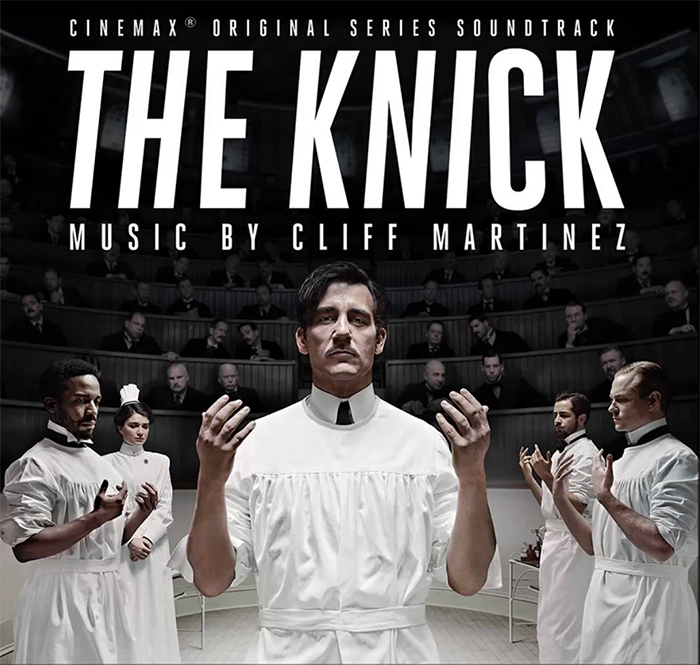
We sincerely thank Cliff Martinez for answering our questions
An huge thanks to Beth Krakower for helping us to have this great interview

